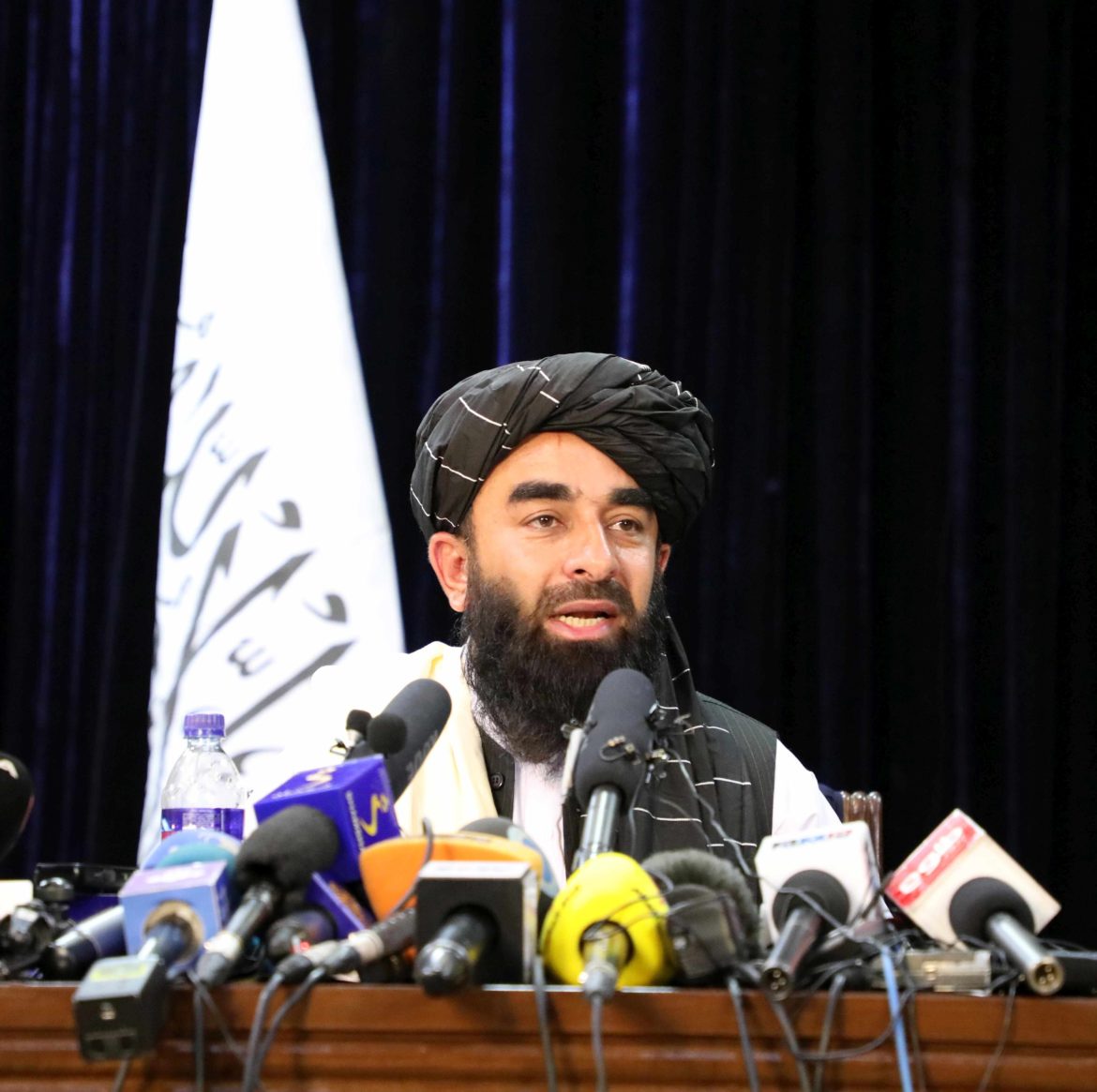As the world celebrated National Girl Child Day on 24th January, an initiative by the Ministry of women and child development to spread awareness about the rights of the girl child and to increase awareness on the importance of girls’ education, their health and nutrition, various international organizations have urged for reopening of schools for girls as for over two years now they have been barred from accessing education by Taliban.

The UN special envoy for Afghanistan, Roza Otunbayeva, Amnesty International, the UN High Commissioner for Refugees, the World Food Programme, and other international groups asked the Taliban to lift the ban on girls education, as reported by TOLO News.
Roza Otunbayeva, in a video released by UNAMA News on social media, ‘X’ emphasized that “In Afghanistan, education for all, for girls and boys, women and men, is more than just a fundamental right. It is the foundation for Afghanistan’s future,” she said.

On the International Day of Education, Otunbayeva highlighted that the opening of schools is not just a demand of Western nations but also the Muslim world. She further urged the Taliban to recognize that education is not just a moral imperative but critical for prosperity and peace. Moreover, Otunbayeva stressed that the continued deprivation of Afghan girls from education will not only affect all Afghans but will also isolate Afghanistan globally.
Further reiterating support, the UNHCR Afghanistan emphasized that the organization works across Afghanistan to empower displaced and returnee communities to shape a brighter future amidst adversity as posted on X.
Amnesty International, in a statement, urged the Afghan government to ensure access to healthcare, reopen schools and universities, and allow women to work.
“In the holy religion of Islam, every day is the day of education, but unfortunately, today, on the International Day of Education, schools and universities are closed. We hope that the government of the Islamic Emirate reopens the closed doors of education as soon as possible,” said Tafsir Seyaposh, a women’s rights activist.

However, Taliban spokesman Zabihullah Mujahid did not comment on the education of girls above the sixth grade; he has said the provision of education is one of the priorities of the current government.
“Education is a necessity, and the Islamic Emirate has prioritised education. We are trying to spend more of the budget on the education sector,” Mujahid said.

Notably, it has been over 800 days that girls above the sixth grade have not been allowed to go to school and nearly 400 days that universities have been closed to female students.










